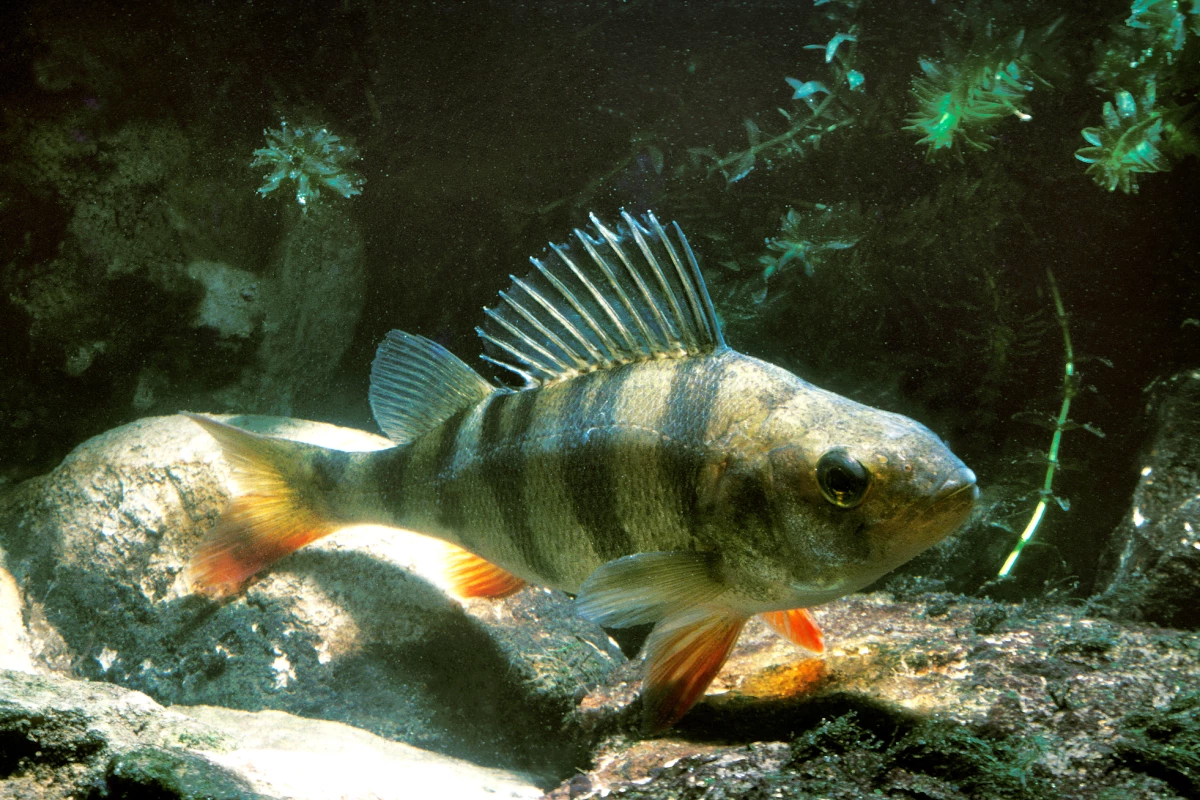Although they don't have eyelids that they can close, fish do indeed sleep – and as is the case with humans, sleeping is crucial to their health. According to a recent study, though, city lights may be keeping them awake at night.
The research was led by Prof. Werner Kloas, at Germany's Leibniz-Institute of Freshwater Ecology and Inland Fisheries.
His team started with four groups of caged European perch. Every night for 10 days, a control group of the fish was kept in complete darkness, while the other three were exposed to light levels of 0.01, 0.1 and 1 lux.
For reference, the natural illumination intensity on a clear moonless night is less than 0.001 lux, while a full-moon night can get as bright as 0.3 lux. The urban glow that's reflected off of the clouds over a city may reach 1 lux or more, while direct street lighting can be as bright as 150 lux.
After the 10-day period, all of the perch had their melatonin levels checked once every three hours, over the course of 24 hours. Melatonin is a hormone produced by vertebrates such as fish and humans, in response to perceived ambient brightness. Generally speaking, the lower the light levels, the greater the amount of melatonin that's produced – the body sets its day-night rhythm, which includes when the onset of sleep occurs, based on the changes of those levels.
Perhaps not surprisingly, the scientists found that the brighter the light the fish were exposed to at night, the smaller the amount of melatonin they produced. The rhythm of melatonin production throughout the day remained the same, although previous studies have shown that it can likewise be affected by brighter intensities – such as 10 to 100 lux – as there ends up being essentially no difference between the amounts of melatonin produced during daylight hours and at night.
While it's still not clear how much the different groups of perch were actually sleeping during the testing period, Kloas states that the lowered melatonin production in and of itself could lead to problems with functions such as immune defence, growth and reproduction.
A paper on the research, which also involved doctoral student Franziska Kupprat, was recently published in the journal Environmental Pollution.
Source: Leibniz-Institute of Freshwater Ecology and Inland Fisheries




